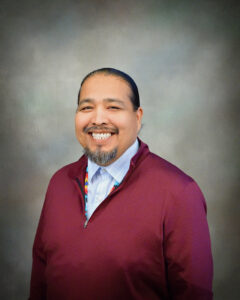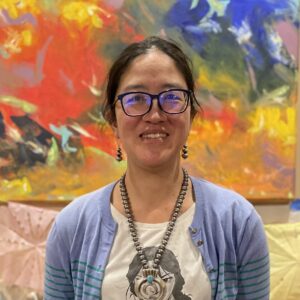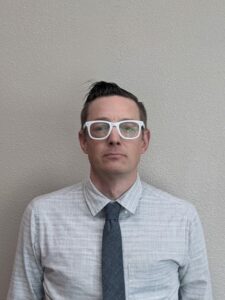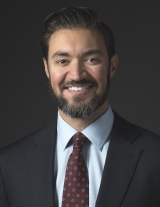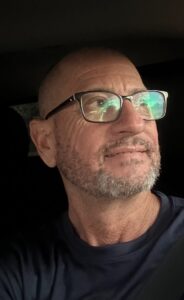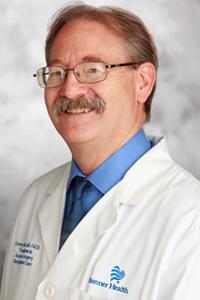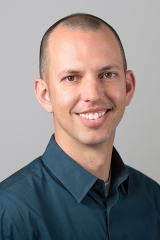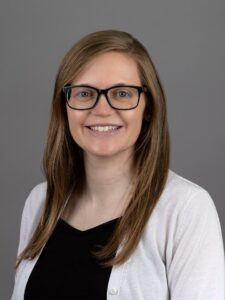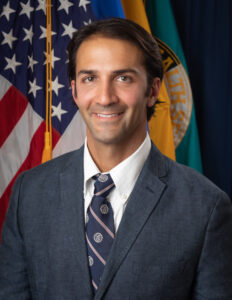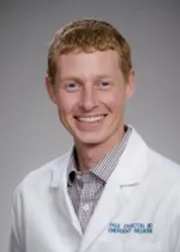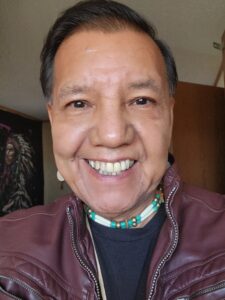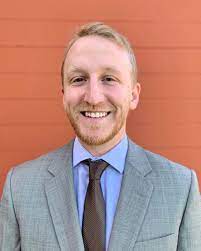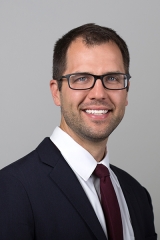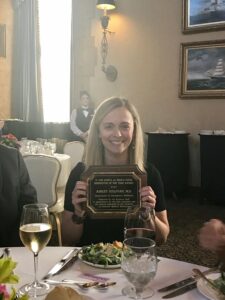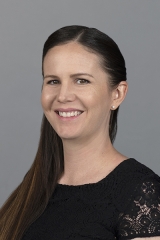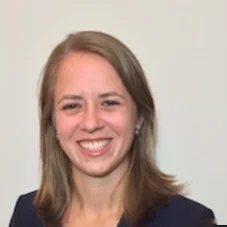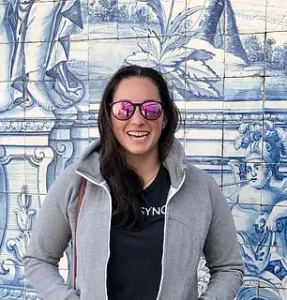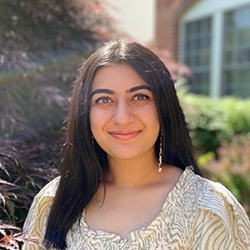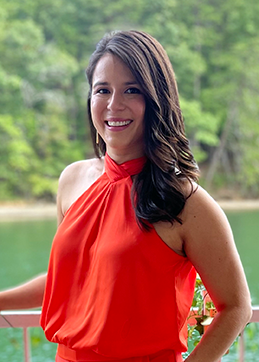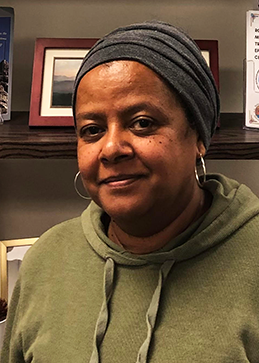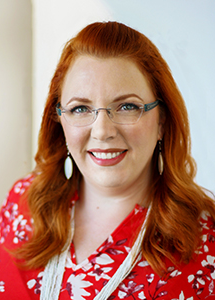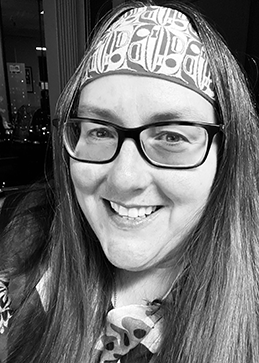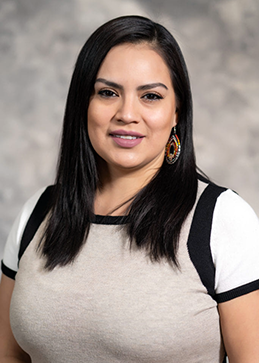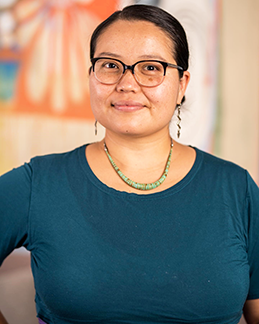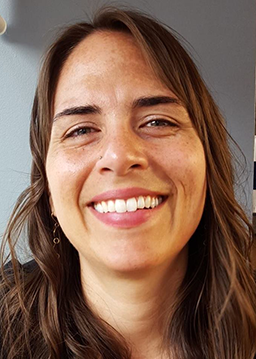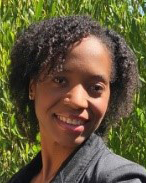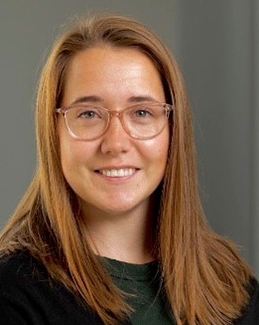Building a Successful Hep C Program

When Dr. Hannah Wenger first began seeing patients at Rosebud Hospital in 2018, hepatitis C (HCV) prevention and treatment services were nonexistent at the hospital, which served the Rosebud Sioux community in South Dakota. Over the next year and a half, Dr. Wenger and her small team – which included a dedicated Public Health Nurse and an aspiring medical student – successfully cured over 20 patients. However, their journey was not without challenges.
Shortly after her arrival, Dr. Wenger realized that many of the patients at Rosebud being diagnosed with hep C were not receiving treatment, in part due to the difficulty obtaining medications. That’s when the team realized how significant an impact they could make by identifying patients who were eligible for treatment and gaining access to the curative medications they needed.
Through performing a scan of available electronic health records (EHR), Dr. Wenger and her team identified patients in the system eligible for hep C treatment. They also implemented widely recognized hep C testing protocols, which included screening for risk-level, age, and other qualifications, followed by testing for HCV if individuals qualified. After identifying eligible patients, the team assessed patients’ interest in receiving treatment. For those who consented, the team worked to justify the need for the costly, but potentially curative medications by sending letters and additional documentation required by patients’ insurance providers. If this did not work, they wrote to pharmaceutical companies, requesting donations of medications.

When asked what elements others should consider when starting a successful HCV program, Dr. Wenger identified three requisite components: identifying a clear need for services, evaluating clinician readiness, and medication availability.
Identifying a clear need for services
From Dr. Wenger’s perspective, identifying a clear need for services includes not only quantifying the need (the number of patients diagnosed with hep C), but also determining the types of communities individuals belong to, as well as the behaviors that put them at increased risk for acquiring hep C. For the Rosebud, it was clear that there were many patients in need of services, but it took time to uncover the co-morbid conditions and circumstances that were putting patients at Rosebud at additional risk. After speaking with patients and other staff and digging deeper into the EHR data, Dr. Wenger and her team saw a trend at Rosebud that was also common in the rest of the country: there was a clear link between injection drug use and increased risk for hep C infection.
Clinic readiness
According to Dr. Wenger, an important consideration for those interested in starting an HCV clinic is whether or not clinicians possess the knowledge and support to guide a patient through treatment. This is where Indian Country ECHO came in useful. Dr. Wenger noted, “Indian Country ECHO’s hep C clinics created a beautiful and welcoming space for me to ask questions and learn how to treat this highly curable infectious disease. The clinical experts there helped me feel like I could do this.”

Medication availability
Medication to treat HCV wasn’t easily available through IHS when the program started, so finding ways to access these medications was crucial. In order to obtain needed treatment when it was not covered by insurance, Dr. Wenger’s team submitted patient assistance program applications to pharmaceutical companies seeking donations of medication.
Since starting on this journey, Dr. Wenger successfully instituted an EHR alert for all patients 18+ eligible for screening. According to Dr. Wenger, this has made a huge difference in screening numbers for hep C and has helped the team identify additional eligible patients.

Although Dr. Wenger does not consider the Rosebud program a comprehensive hep C micro-elimination program at this time, it fits the bill in a number of ways. Hep C micro-elimination entails pursuing elimination goals in discrete populations (like at Rosebud) through initiatives that tailor interventions to the needs of these populations. However, when asked to define her program, Dr. Wenger argued that in order to be a true hep C micro-elimination program, Rosebud will need to focus additional efforts on tailored prevention initiatives. From Dr. Wenger’s perspective, these could include prevention and education around safe ceremony practices, as well as harm reduction efforts tailored to meet the needs of community members who inject drugs.
When asked to share insights for other providers looking to start HCV programs, Dr. Wenger encourages “an approach anchored in the Indian Country ECHO model. Gather your knowledge and build your confidence and support system. When you have the skills needed, you can begin to test the waters.” Providing hepatitis C treatment, according to Dr. Wenger is a “satisfying and enjoyable practice space… one where you get to congratulate patients at the end of the course of their treatment and tell them that they cured their disease.”
If you would like to learn more about preventing, diagnosing, and treating hepatitis C, join us during Indian Country ECHO’s HCV teleECHO clinics. Here you can be a part of a welcoming, interactive online learning community where providers serving American Indian and Alaska Native patients connect, engage in didactic presentations, collaborate on case consultations, and receive mentorship from clinical experts from across Indian Country.
